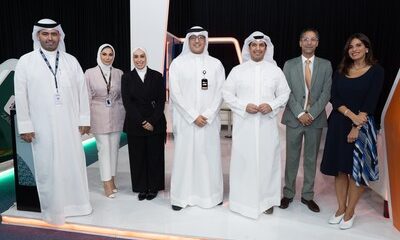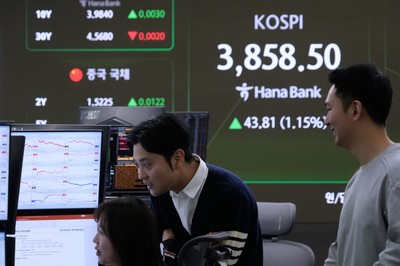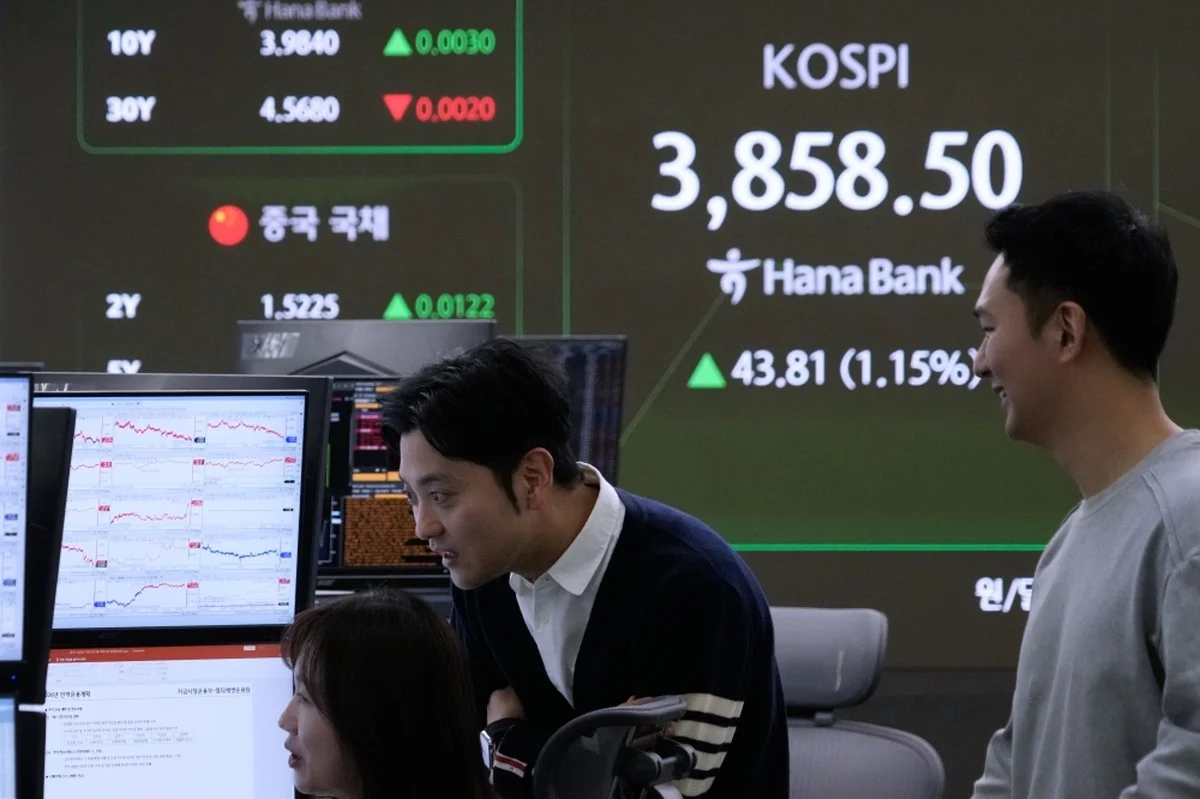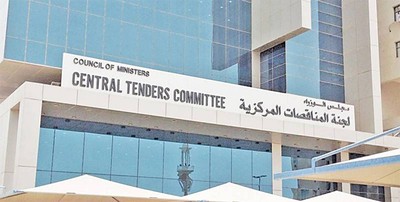KUWAIT CITY, June 18: Kuwaiti oil sector companies have successfully established an advanced cybersecurity system designed to protect the vital artery of the national economy. These measures enhance system reliability and boost readiness against future cyber threats.
The cybersecurity strategy relies on several key pillars. These include continuous updates to security systems aligned with the latest international standards, regular penetration testing, comprehensive risk assessments, and the integration of artificial intelligence technologies for early threat detection. Investment in cutting-edge technology, combined with ongoing employee training on cybersecurity best practices, forms the foundation of proactive defense against sophisticated cyberattacks.
Kuwait Petroleum Corporation (KPC) and its subsidiaries have created specialized cybersecurity departments and operation centers. These entities continually refine security policies and deploy advanced defensive software to safeguard digital infrastructure.
During a meeting with Kuwait News Agency (KUNA), experts and stakeholders in the oil sector unanimously highlighted the critical importance of ongoing cybersecurity enhancements to counter escalating risks, including security breaches, malware, and social engineering attacks.
Ali Al-Qallaf, head of cybersecurity operations at Kuwait National Petroleum Company (KNPC), emphasized the sector’s dependence on digital systems to manage production, refining, and distribution. He stressed that protecting these systems is essential for business continuity and the confidentiality of sensitive data.
Al-Qallaf detailed the five main components of KNPC’s cyberspace: infrastructure (servers, networks, and operational systems), operational software (industrial control systems in refineries and fuel stations), security systems, data (including operational logs and trade secrets), and users (company employees interacting with systems). He also included digital services such as the internet and internal networks connecting company facilities.
He outlined the cyber threats faced by KNPC, which include hacking, data theft, malware targeting industrial control systems, and viruses infecting internal computers. To manage these risks, KNPC employs continuous risk analysis and periodic penetration testing to evaluate security tools and vulnerabilities.
Corporate risk management teams work alongside IT departments to identify potential threats and implement protective measures. KNPC utilizes encryption, multi-factor authentication, and artificial intelligence for data analysis and early threat detection.
Among KNPC’s milestones is the establishment of Kuwait’s first unified cybersecurity operations center—an advanced facility monitoring operational and IT systems in real time to detect and respond rapidly to attacks.
Employee training on the latest cybersecurity techniques is a core part of KNPC’s strategy to reduce human error risks. The company continues to invest heavily in artificial intelligence and machine learning technologies to maintain proactive defenses.
Al-Qallaf highlighted the significance of Kuwait Petroleum Corporation’s 2040 Digital Transformation Strategy, which will expand Internet of Things (IoT) device integration across operations, increasing the need for enhanced cybersecurity.
He warned about the risks posed by artificial intelligence, which can also be exploited by cybercriminals to launch sophisticated attacks, such as AI-driven phishing. KNPC counters these threats through AI-based early detection systems and ongoing employee awareness programs.
Securing digital systems that underpin production and refining is paramount to maintaining the stability of Kuwait’s oil and gas sector, protecting corporate reputation, and preventing operational disruptions or environmental harm.
Legacy systems lacking support for modern security technologies and the complexity of integrating operational technology (OT) with IT systems pose ongoing cybersecurity challenges. Comprehensive protection of all digital industrial networks is therefore critical.
Mohammad Al-Safi, head of cybersecurity at Kuwait Oil Company (KOC), underscored the rising number of cyber threats, including data breaches and system failures. He stressed the importance of understanding these threats to develop effective defense strategies.
Al-Safi reiterated that the oil sector’s reliance on automated control systems makes cybersecurity vital for business continuity and economic stability. He predicted future trends toward greater integration of security controls, modern technology adoption, and stronger collaboration between oil companies and government agencies.
Abdullah Al-Khateeb, senior cybersecurity officer at Kuwait Foreign Petroleum Exploration Company (KUFPEC), emphasized the need for cooperation between companies and government bodies to share information on emerging threats. He described cybersecurity strategies focusing on governance, system updates, infrastructure improvement, workforce training, and AI utilization.
Al-Khateeb expects increased investment in AI and machine learning to strengthen early threat detection, secure IoT devices, and develop integrated cyber defense systems incorporating big data analysis and advanced encryption.
He also anticipates evolving international laws governing cybersecurity in the oil sector, which remains a prime target for cyberattacks. Therefore, cybersecurity is integral to the sector’s sustainability and risk management.
Effective cyber risk management involves identifying vulnerabilities, analyzing their impact and probability, implementing protective technologies such as firewalls and encryption, continuous monitoring, and preparing response and recovery plans.
The Kuwaiti government prioritizes cybersecurity in the oil sector through advanced technology integration, robust security policies, and continuous staff training. Kuwait has also expanded strategic partnerships and leveraged specialized agencies to drive transformative improvements in national cybersecurity.
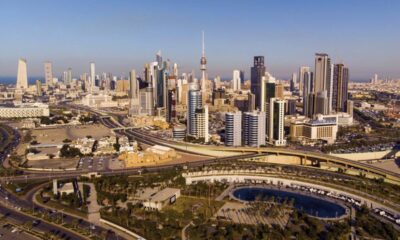
 Latest News24 hours ago
Latest News24 hours ago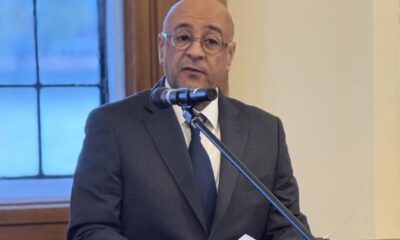
 Latest News16 hours ago
Latest News16 hours ago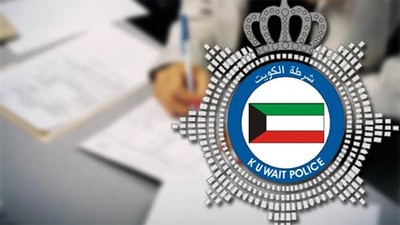
 Politics13 hours ago
Politics13 hours ago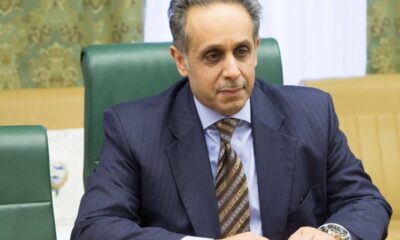
 Latest News22 hours ago
Latest News22 hours ago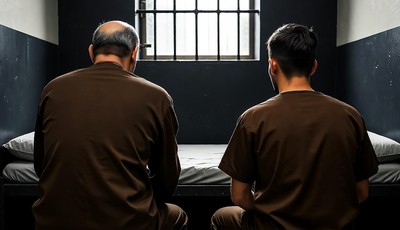
 Politics17 hours ago
Politics17 hours ago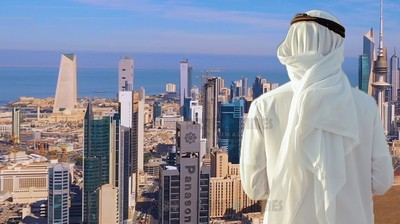
 Business16 hours ago
Business16 hours ago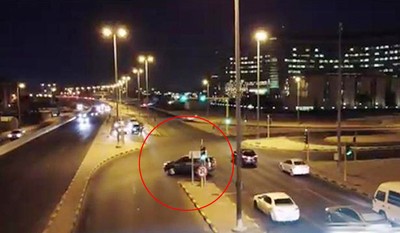
 Politics14 hours ago
Politics14 hours ago
 Latest News15 hours ago
Latest News15 hours ago





